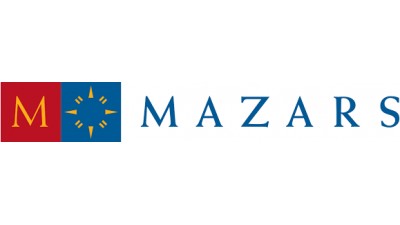3 Great Ways Hotels Can Cater To Millennial Guests

Millennials have surpassed baby boomers as the largest living generation, and they are spending a larger share of their incomes on experiences like travel and dining than on possessions.
Winning over this generation, which controls a growing share of the nation's disposable income, is important for hotels' profitability and long-term viability. But gaining millennials’ repeat business can prove challenging, as millennials show lower brand loyalty than their predecessors.
In 2010, millennials’ hotel expenditures grew 20%. By 2018, they are expected to overtake baby boomers as the largest hotel spenders. Starwood, Hilton and Hyatt have all launched millennial-oriented lines in the U.S. Technology, design and food are three key focus areas for hotels attempting to maximize their millennial appeal.
1. Technology

Many millennials are digital natives, and rely on their smartphones, laptops and tablets to shop, entertain themselves and stay connected to friends. To reach millennials, hotels need to hone their social media marketing strategies and optimize their websites' user experience.
Free WiFi with seamless connectivity has become a standard amenity, and in-room charging stations and adapters for every device are critical.
Some hotels are going further, designing apps with comprehensive functionality that allow users to manage check-in and billing. Guests can also order room service, book cabs and communicate with other guests through the app. Some hotels have taken advantage of Internet of Things technology, connecting everyday devices to the cloud to control them and harness their analytics. Some hotels use IoT tech to turn guests' smartphones into universal remotes that control room access, in-room lighting, temperature, music and entertainment.
“We hear from our clients that technology is important to their guests," said Mazars USA partner Donald Bender, who leads the firm’s hospitality practice. "Apps, keyless entry and easy access to WiFi and in-room charging without unplugging a radio or lamp are the amenities guests are looking for today.”
2. Aesthetics

Millennials gravitate toward spaces with eclectic designs and architectural features. Because the “sharing generation” spends so much time cultivating its social media image, a hotel with Instagram-worthy features is highly desirable.
According to Bender, by creating photogenic spaces, hotels are engaging in online promotion, because guests can influence people in their network to visit. Even indirect recommendations from friends are more powerful and trusted than direct advertisements.
3. Food

Traditional hotels feature restaurants with safe food to ensure their appeal is broad. But millennials are more culinarily adventurous, and are more likely to venture out to the molecular gastronomy pop-up down the street to post pictures of their dishes for friends to admire.
Hotels need to reimagine their menus with innovative offerings and bold flavors to encourage young people to dine on-site. They also need to rethink the standard sit-down model for an on-the-go, instant-gratification-seeking customer.
According to Bender, millennials demand treatment that feels personalized and customizable. Hotel managers, cognizant of this, are providing for all lifestyles and dietary restrictions with vegan, gluten-free or locally sourced fare plus grab-and-go and fast-casual concepts.
By investing in these areas, hotels will also eventually reach older generations, which look to millennials to discover cool places.
To learn more about this Bisnow content sponsor, Mazars, click here.

